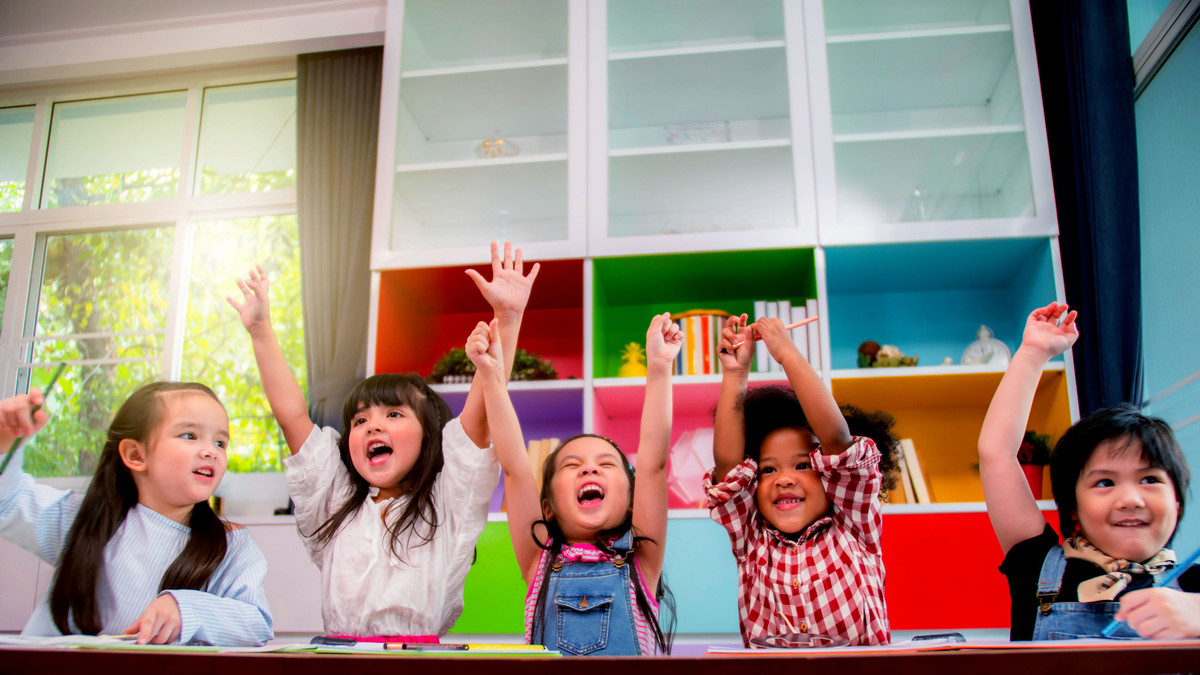Melanie Killen has been studying the emergence of conceptions of fairness and equality in children for 25 years, their experiences of prejudice, and how this affects them emotionally and academically when they enter school. To prevent students from perpetuating bias as adults, the psychologist and professor of Human Development and Quantitative Methodology at the U.S. School of Education developed “a digital tool for children to learn about social exclusion.
“Children’s prejudices are not as hard to overcome as it is for adults,” Killen says.
“Developing Inclusive Youth” is an interactive program that students use in the classroom to learn to actively reason on issues of collective identity. The idea is that they watch for 15 minutes animated videos with different situations of social exclusion between characters of different ethnicities, countries and social classes.
Students then click on the options displayed on the screen to make decisions about how each character feels or what should happen next. Then they sit down with the teacher in a circle and talk for half an hour about what they’ve been feeling and learning.
Killen says that “after participating, children’s responses to an in-depth survey of their attitudes and behavior revealed fewer stereotypes. They also expressed a greater desire to have friends from different social and cultural backgrounds compared to students who do not participate in the program.”
In Chile, various video games are used as tools in the classroom to promote social, emotional skills and to develop the empathy of schoolchildren. One of them is Mogand, which “occupies the tools of the game to be able to train children to make decisions in the face of complex ethical dilemmas,” explains Aika Castro, director of the Connections Foundation, which was in charge of the development.
“Technology is a fundamental and innovative tool and a powerful opportunity to be connected to the digital world that children have now,” Castro says.
Killen adds: “The prejudices children acquire can become deeply ingrained and difficult to change when they are adults. In my opinion, it is important that schools encourage students to overcome intolerance by making friends with people who don’t look like them. This can also contribute to creating a fairer society.”
This article was from CENFENG and was legally licensed through the NewsCred publisher network. Please direct all licensing questions to legal@newscred.com.
